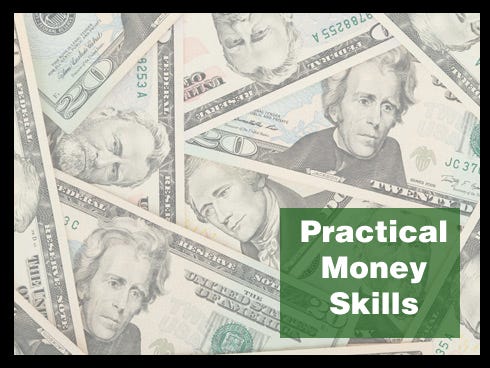
I have yet to meet anyone who thinks they're saving too much money for retirement. On the contrary, most people admit they're probably setting aside too little. Retirement accounts must compete with daily expenses, saving up for a home, college and unexpected emergencies for every precious dollar.
If taking money out of your IRA, 401(k) or other tax-sheltered plan is your best or only option, you should be aware of the possible impacts on your taxes and long-term savings objectives before raiding your nest egg:
401(k) loans
Many 401(k) plans allow participants to borrow from their account to buy a home, pay for education, medical expenses or other special circumstances. Generally, you may be allowed to borrow up to half your vested balance up to a maximum of $50,000 – or a reduced amount if you have other outstanding plan loans.
Loans usually must be repaid within five years, although you may have longer if you're using the loan to purchase your primary residence.
Potential drawbacks to 401(k) loans include:
401(k) and IRA withdrawals
Many 401(k) plans allow hardship withdrawals to pay for certain medical or higher education expenses, funerals, buying or repairing your home or to prevent eviction or foreclosure. You'll owe income tax on the withdrawal – plus an additional 10 percent penalty if you're younger than 59 ½, in most cases.
Traditional IRAs allow withdrawals at any time for any reason. However, you'll pay income tax on the withdrawal – plus the 10 percent penalty as well, with certain exceptions. With Roth IRAs, you can withdraw contributions at any time, since they've already been taxed. However, to withdraw earnings without penalty you must be at least 59 ½ and the funds must have been in the account for at least five years.
To learn more about how the IRS treats 401(k) and IRA loans and withdrawals, visit www.irs.gov.
Further financial implications
With 401(k) and traditional IRA withdrawals, the money is added to your taxable income, which could bump you into a higher tax bracket or even jeopardize certain tax credits, deductions and exemptions that are tied to your adjusted gross income. All told, you could end up paying half or more of your withdrawal in taxes, penalties and lost or reduced tax benefits.
Losing compound earnings
Finally, if you borrow or withdraw your retirement savings, you'll sacrifice the power of compounding, where interest earned on your savings is reinvested and in turn generates more earnings. You'll forfeit any gains those funds would have earned for you, which over a couple of decades could add up to tens or hundreds of thousands of dollars in lost income.
Bottom line: Carefully consider the potential downsides before tapping your retirement savings for anything other than retirement itself. If that's your only recourse, consult a financial professional about the tax implications.
Jason Alderman directs Visa's financial education programs. To participate in a free, online Financial Literacy and Education Summit on April 2, 2014, go to www.practicalmoneyskills.com/summit2014.
This article originally appeared on Crestview News Bulletin: PRACTICAL MONEY SKILLS: Avoid tapping retirement plans early
